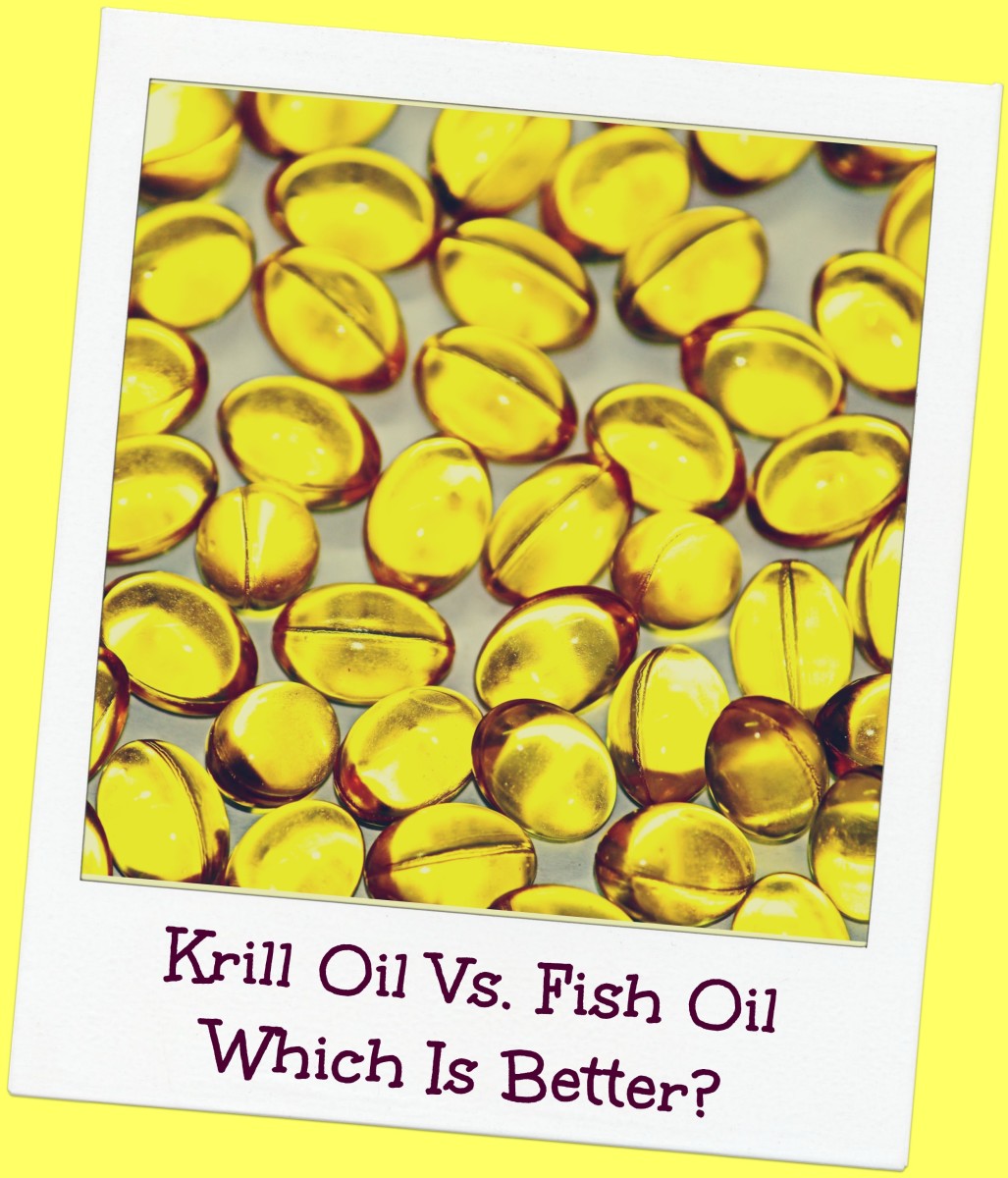Omega 3 Fatty Acids Benefits; Fish Oil
Omega 3 Fatty Acids For Heart, Brain Health
Omega 3 Documented Health Benefits
Omega 3 fatty acids, particularly DHA (docosahexaenoic acid) and EPA (eicosapentaenoic acid) are essential for your body's good health. All fish provide Omega 3, although fatty fish contain higher levels than other types of fish.
The scientifically researched and proven benefits of Omega 3 include benefiting heart health of both healthy people and those with cardiovascular disease; lowering triglyceride levels; slightly lowering blood pressure; decrease the risk of heart arrhythmias and slow the progression of plaque build-up in the arteries (atherosclerosis).
These health benefits are agreed upon by health professionals including the American Heart Association and the Mayo Clinic.



Omega 3 Suspected Health Benefits
In addition to the proven health benefits of Omega 3, there are other suspected health benefits for which not enough clinical data exists or the data to date demonstrates conflicting results. Talk with your health care provider about the latest medical information concerning Omega 3.
There have been some studies that show Omega 3 may be helpful in treating childhood depression, asthma, Crohn's disease and many other conditions. Studies have demonstrated Omega 3 to be helpful in easing the pain and stiffness of rheumatoid arthritis for a three month period; longer study data is not yet available.
Many of the documented and suspected health benefits of Omega 3 are related to the anti-inflammatory effects of this fatty acid.
Fish and Fish Oil
Fish do not produce Omega 3, but get it from the microalgae they eat--at least the fish on the lower end of the food chain. Larger fish such as albacore tuna, shark and tilefish get their Omega 3 from the other fish they eat. These larger fish, though, are much higher on the food chain and more likely to also contain contaminants such as PCBs and methylmercury.
Because Omega 3 is a fatty acid, it is found in highest concentrations in fish that are fatty. Suggested fish to eat at least twice a week are salmon, canned light tuna, shrimp, pollock and catfish. A typical serving of fish is 3.5 ounces or three-fourths cup of flaked fish.
Other fish sources rich in Omega 3 (provide 1 gm of Omega 3 in 3.5 ounce portion) include sardines, herring, trout, sturgeon, mullet and bluefish.
Pregnant women and children should avoid eating shark, tilefish, swordfish, king mackerel and shark. For more in-depth recommendations of best fish to eat and to avoid, visit the American Heart Association.
Cooking methods are an important consideration when eating fish for your health. Baking or broiling provide the best benefit because no added oil/fat is used in these cooking methods. Eating fried fish or fish sandwiches can not only cancel out the beneficial effects of the fish, but lead to higher risk for heart disease.
Related Hubs
- What Are Omega 3 Fatty Acids And The Benefits Of Omega 3 Fatty Acids
Omega 3 fatty acids are essential fatty acids, that are crucial to many functions to the body. To know what they are, the food sources of omega 3 and how they can benefit your health, read on... - Flax Benefits And Health Benefits Of Flaxseed Oil
Did you know that flaxseeds and flaxseed oil have amazing uses right from controlling inflammation to lowering risk of cancer, diabetes, heat diseases as well as preventing health issues at menopause. From endowing special health benefits to men, to - Benefits of Omega-3 Fatty Acids
Research Shows Fish Oil Has No Benefit in Treating Multiple Sclerosis
UPDATE: April 16, 2012: A team of Norwegian researchers have published the results of their clinical study done to determine if dietary supplementation with omega 3 fatty acids in fish would affect either the images seen on a MRI study of multiple sclerosis (MS) or the study participants' disease symptoms.
The results, published online in the Archives of Neurology, reveal that omega 3 fatty acid supplementation, either used alone or in combination with interferon beta-1a, produced any beneficial effects in either symptoms of the disease or in MRI imaging of brain lesions.
The study, which was conducted in a total of 13 public neurology clinics in Norway, occurred over a two-year period and included participants ranging in age from 18 to 55 years of age, reports MedPageToday.com.
Dr. Oz on Omega-3 Fish Oil
Additional Resources
Omega 3 and Fish Oil Supplements
The National Institutes of Health relate that taking fish oil supplements is likely safe for most people if the daily dose is kept at or below 3 gm daily. One of the ways that fish oil provides protection from heart disease is that it thins the blood. This effect may be unsafe for people who are taking blood-thinning medication. Consult your physician before beginning any dietary supplement.
DHA and EPA are the two most prominent Omega 3 fatty acids that provide health benefits to your body. When choosing a fish oil supplement, read the label to see how much of these two micronutrients the supplement provides in each capsule/tablet.
Another consideration when choosing a fish oil supplement is the purity and quality of the ingredients. Some companies are more stringent that others in purifying out dangerous contaminants such as mercury and PCBs. This Fish Oil Supplement Guide provides a list of supplement manufacturers and which choices are safest in purity.
Omega 3 supplements may also be algae-based or terrestrial plant-based such as flax seed. Algae is now grown in tanks specifically to be harvested for its Omega 3 properties. Terrestrial plant-based Omega 3 may be useful, but it does not contain DHA or EPA.
Non-fish Sources of Omega-3
There are several foods that contain alpha-linolenic acid, ALA, another essential fatty acid not manufactured by the body. When you eat foods containing ALA, your body processes a small portion of this omega-3 into DHA and EPA, increasing the amounts of these two fatty acids naturally.
Vegetable and nut oils, walnuts, flaxseed, beef and dark green leafy vegetables are foods that contain high levels of ALA.
Omega 3 Versus Omega 6
Omega 6 fatty acids are also essential fatty acids that the body doesn't make. Most westernized diets contain plenty of omega 6 fatty acids as they are found in cereals, eggs, margarine, baked goods, most vegetable oils, and whole-grain breads.
There is a relationship between omega 3 and omega 6 fatty acids. Too much omega 6 in the diet can cause inflammation; omega 3 reduces inflammation. Westernized diets are heavy in omega 6 versus omega 3; the University of Maryland Medical Center explains that the typical American diet contain 14 to 25 times more omega 6 than omega 3.
Research published in the The Royal Society of Medicine Journals' Experimental Biology and Medicine explains that the healthiest diet is one that minimizes the ratio between omega 6 intake and omega 3 intake. Considering that many of the omega 6 sources are also high in other fat and calories, reducing the omega 6 in your diet and increasing omega 3 sources should also naturally result in lower calorie intake overall.
People whose diets resulted in a high ratio of omega 6 versus omega 3, age-related macular degeneration was more prevalent, as were symptoms of depression in older adults, and dry eye syndrome was another condition identified with high omega 6 versus omega 3 intake.









